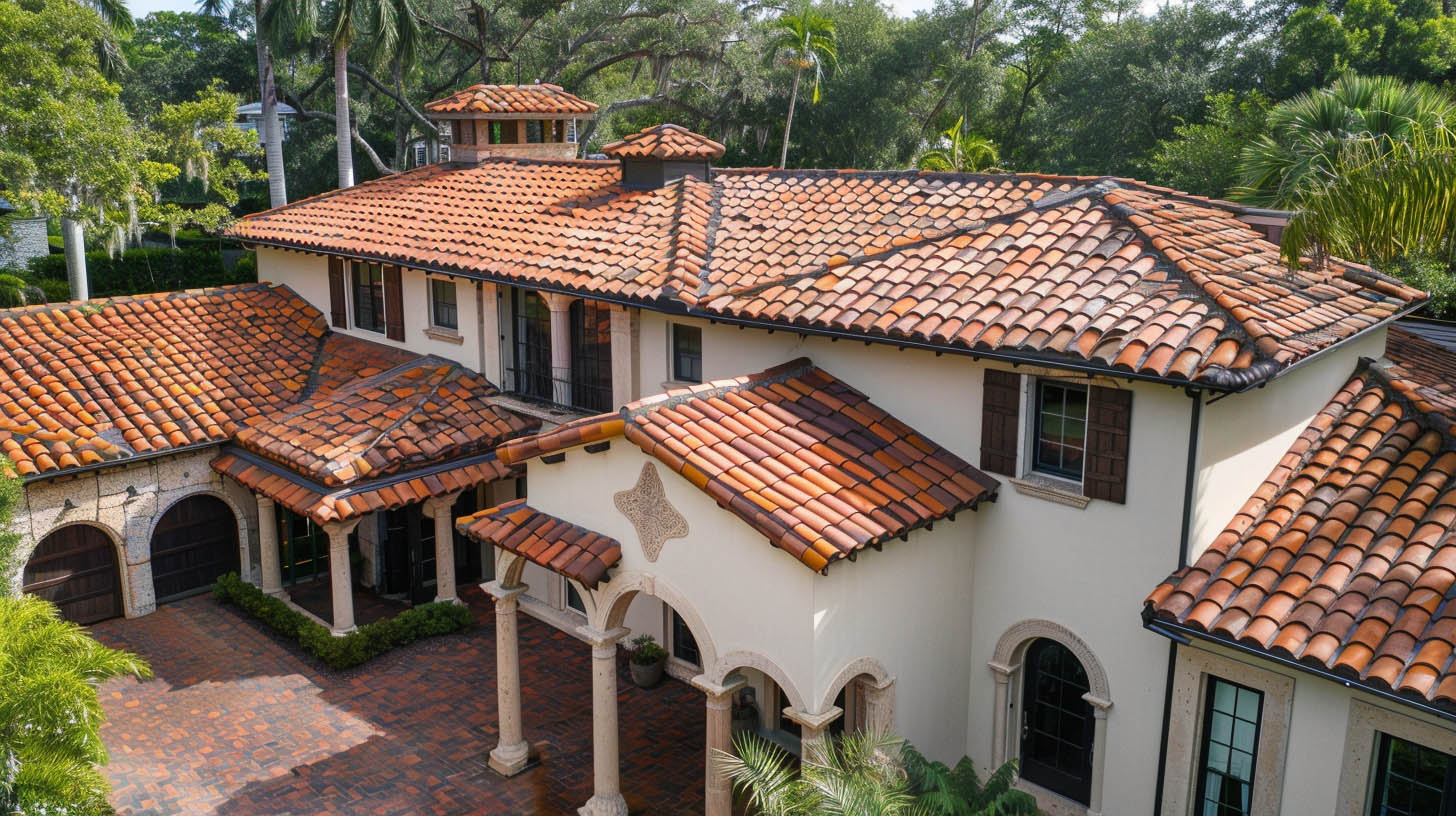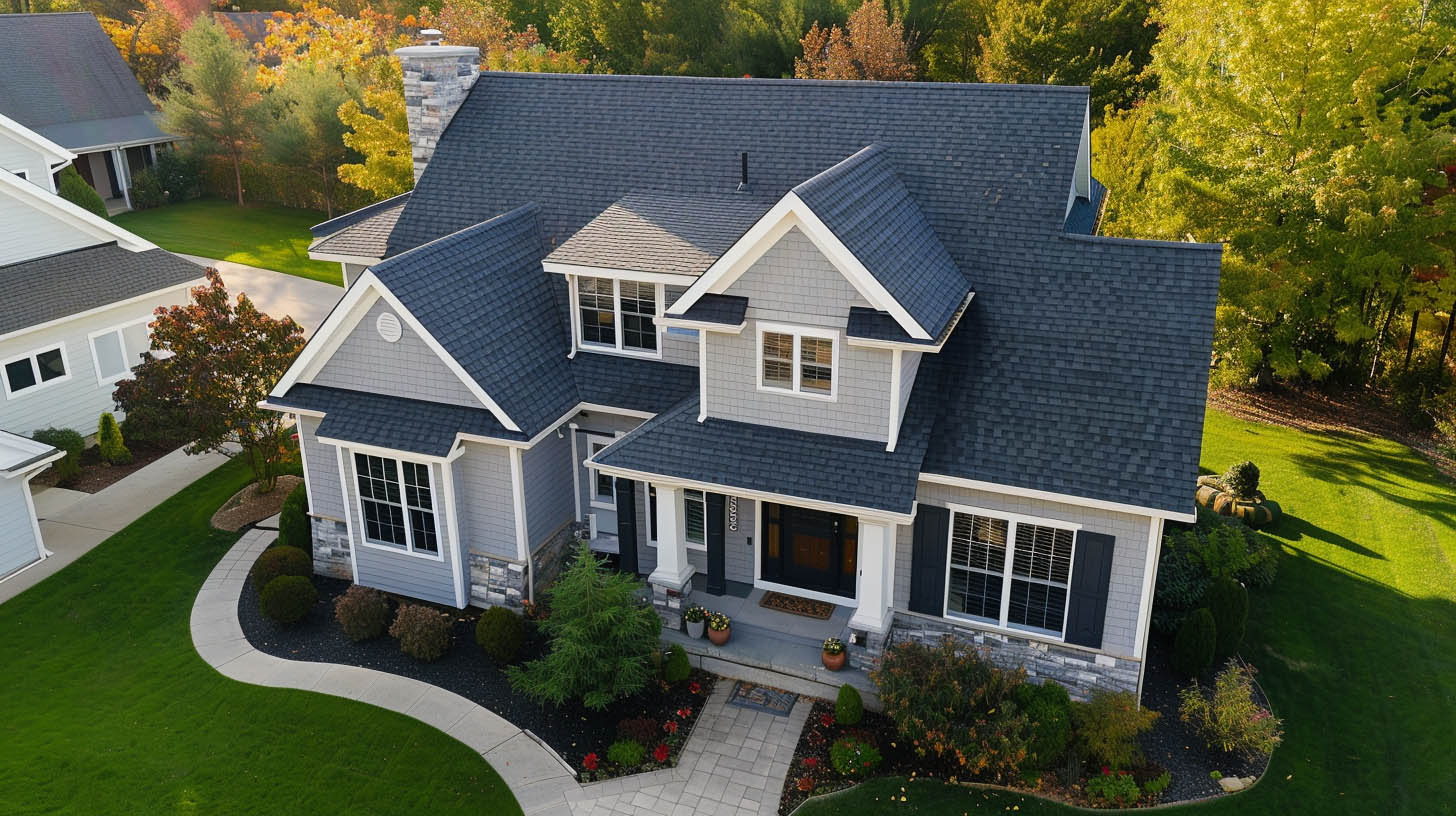
Understanding Tile Roof Underlayment Replacement Costs
The underlayment is a fundamental component of your roofing system, acting as a secondary barrier against water infiltration, thus ensuring the durability of your roof. Various factors contribute to the cost of replacing this essential layer, especially for tile roofs which are known for their longevity and aesthetic appeal. Here’s a detailed look at the elements that influence underlayment replacement costs.Average Costs: What Homeowners Can Expect
The financial aspect of replacing your tile roof’s underlayment varies widely based on several key factors, including the type of tile (clay, concrete, or synthetic) and the specifics of your home’s roofing architecture. On average, homeowners might anticipate costs ranging from $1,200 to $1,400. However, it’s not uncommon for these expenses to escalate to between $6,000 and $7,000 for more comprehensive projects.Timing Your Replacement: Signs and Signals
The lifespan of an underlayment can span 20 to 30 years, contingent upon the materials used, the quality of installation, and the climate in your area. Regular inspections can uncover early signs of wear, such as leaks or damaged tiles, indicating it might be time for a replacement. Engaging a professional for a thorough roof assessment can accurately determine the necessity of underlayment replacement.Choosing Your Underlayment: Options and Considerations
Homeowners have several underlayment materials to choose from, each with its own set of benefits and cost implications. Traditional asphalt-saturated felt is a common choice, offering a balance of affordability and reliability. On the other end of the spectrum, synthetic and rubberized asphalt underlayments provide superior durability and ease of installation, albeit at a higher price point. Cost comparisons are as follows:- Felt Underlayment: $0.15 to $0.55 per square foot
- Synthetic Underlayment: $0.25 to $0.65 per square foot
- Rubberized Asphalt Underlayment: $0.25 to $0.75 per square foot


